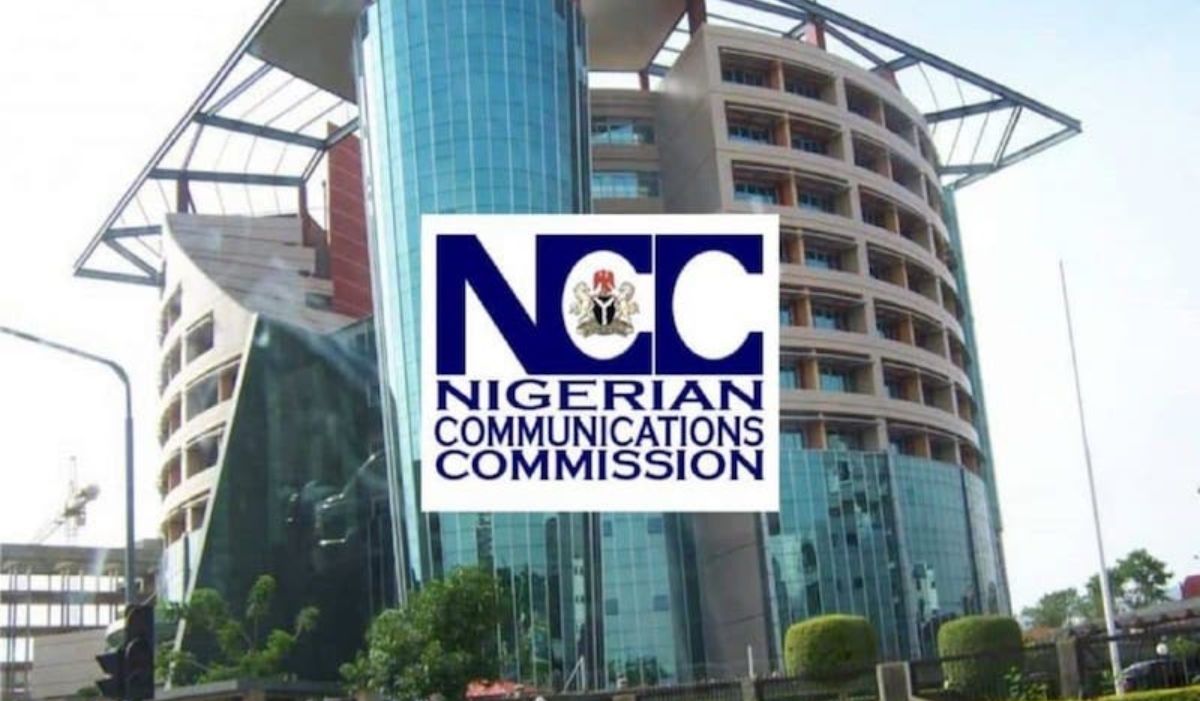NCC Pricing Reform Spurs $1bn Telecom Investment in 2025

The Nigerian Communications Commission (NCC) has announced that its return to a market-driven pricing framework in the telecommunications industry has triggered over $1 billion in infrastructure investment and capital expenditure for 2025.
Executive Vice-Chairman of the NCC, Aminu Maida, disclosed this during an interactive session with journalists in Lagos on Friday. According to him, the new pricing policy, rolled out between January and February 2025, permitted mobile network operators to increase tariffs by up to 50 per cent after nearly ten years without any adjustments.
“This act alone has allowed investments to flow in. We will be revealing more specific figures in the coming weeks after verification, but we are talking about over a billion dollars worth of investment in 2025 alone,” he said.
Maida noted that the reform has revived investor confidence, reversing years of under-investment that had hindered network expansion and service quality upgrades.
He explained that the previous imbalance in the telecom value chain—where tower companies could raise charges annually in line with inflation and exchange rates but mobile operators could not—had discouraged new funding.
“This is an industry that requires continuous investment. The world is moving ahead, and if we do not create the right conditions, we will be left behind,” he said.
The NCC chief added that the commission’s approach aligns with the principles of the 2000 Telecom Policy and the 2003 Communications Act, both of which advocate allowing market forces to set competitive prices while protecting consumers.
Maida revealed that operators have begun receiving equipment shipments since June, with network expansion and upgrade projects already in progress.
“We are closely tracking the rollout. We hold weekly calls with operators to monitor how many sites are being built, upgrades done, and we step in when they encounter challenges with authorities,” Maida said.
He stressed that the fresh capital inflow would address network capacity gaps, boost service reliability, and help Nigeria retain its competitiveness in the global telecom market.
Maida also drew attention to the rising operational costs in the industry, citing the consumption of over 40 million litres of diesel monthly to power base stations, most of which is imported.
He added that the sector’s total dependence on foreign exchange for all hardware and software requirements compounds the cost challenge.
“There is nothing you need to build or upgrade a network today in Nigeria that you can buy locally. Everything from the hardware to the software has to be imported, and that requires FX,” Maida said.
On infrastructure security, the NCC is collaborating with the Office of the National Security Adviser to create a rapid-response framework tailored to the risks in different regions. Coastal areas, he said, would benefit from community-driven engagement, while high-risk zones might require a stronger civil defence presence.
He explained that the protection plan addresses underlying issues like weak on-site security, theft of generators, and community disputes, not just physical force.





